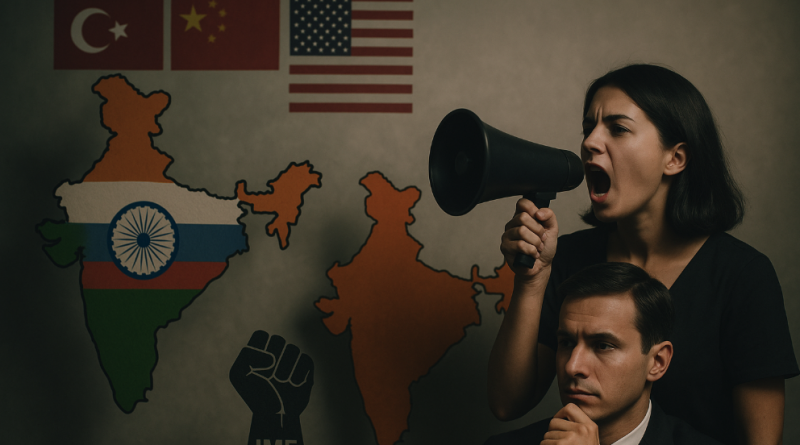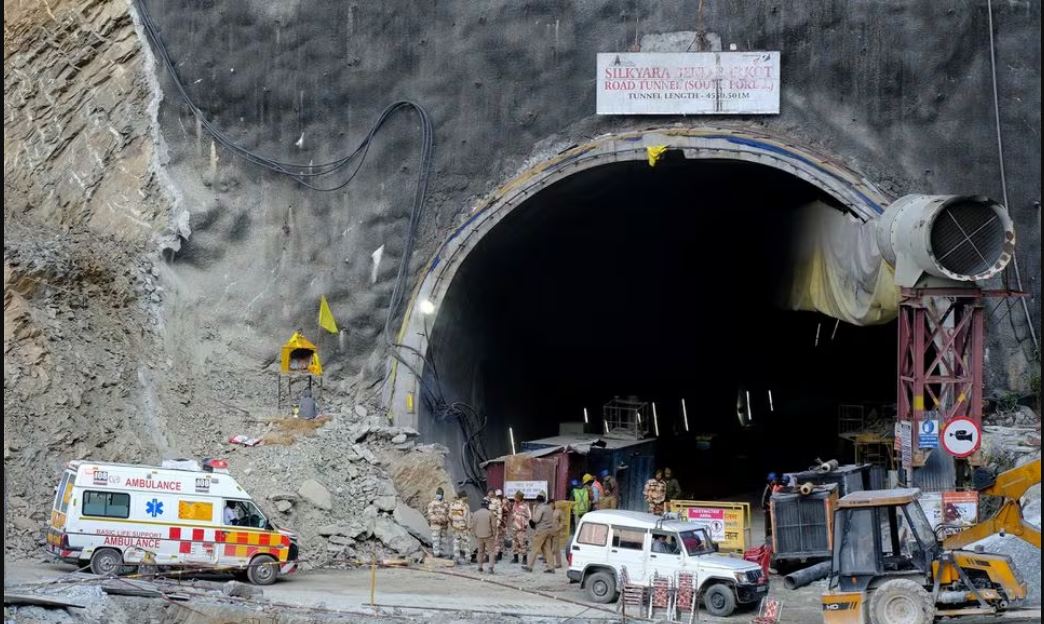Lessons for Indians from the Recent Conflict with Pakistan
In contrast, Russia continues to maintain a time-tested rapport with India
As the dust settles on yet another tense standoff between India and Pakistan, a wave of introspection has swept across India’s strategic and civil circles. From geopolitical alignments to domestic cohesion, the conflict has laid bare uncomfortable truths, prompting many in India to reassess both alliances and national priorities.
One of the starkest revelations has been the geopolitical reality of international loyalties. Despite diplomatic pleasantries and economic ties, Turkey, China, and even the United States appear to consistently position themselves favorably toward Pakistan in times of heightened tensions. For India, this has raised pressing questions about the reliability of its global partnerships, especially when diplomatic neutrality could mean indirect support for hostile narratives or platforms.
In contrast, Russia continues to maintain a time-tested rapport with India, providing a semblance of consistency in an otherwise fluid global arena. While Russia navigates its own complex global relationships, its stance during South Asian crises often reflects a strategic inclination toward New Delhi—an anchor India appears increasingly dependent on.
Beyond diplomacy, the conflict has once again exposed India’s chronic weakness in information warfare. As narratives around the conflict played out across global media, India’s digital diplomacy and media engagement seemed sluggish. Pakistan’s ability to frame its position more compellingly on international platforms left many in India questioning the effectiveness of their country’s strategic communications machinery.
Adding to this frustration is the perceived silence of influential Indian voices—notably from Bollywood, elite athletes, and prominent non-resident Indians in the corporate world. During moments of national crisis, these figures often choose a neutral or muted stance, citing professional boundaries. Critics argue that their silence stands in contrast to their massive influence and the need for soft power mobilization during geopolitical flashpoints.
Yet, amidst external disillusionment and internal criticism, one aspect remains clear: in moments of war or national threat, India stands united. Across states, religions, and political ideologies, there emerges a sense of collective identity and resilience. The surge in public solidarity during conflict is a testament to the depth of national consciousness that still binds the country.
However, concerns over international financial institutions have also intensified. Observers argue that bailouts and financial packages, particularly to economically unstable states with militant linkages, risk indirectly funding destabilizing activities. While not officially acknowledged, the perception that financial support can be misappropriated is gaining traction in Indian public discourse.
The recent episode has forced India into a mirror. It reflects a nation with immense potential and unity, but also with vulnerabilities—diplomatic, informational, and strategic—that demand urgent attention. If anything, the lessons from the conflict point not just to threats from without, but also to gaps within that India must address to navigate an increasingly complex global order.



